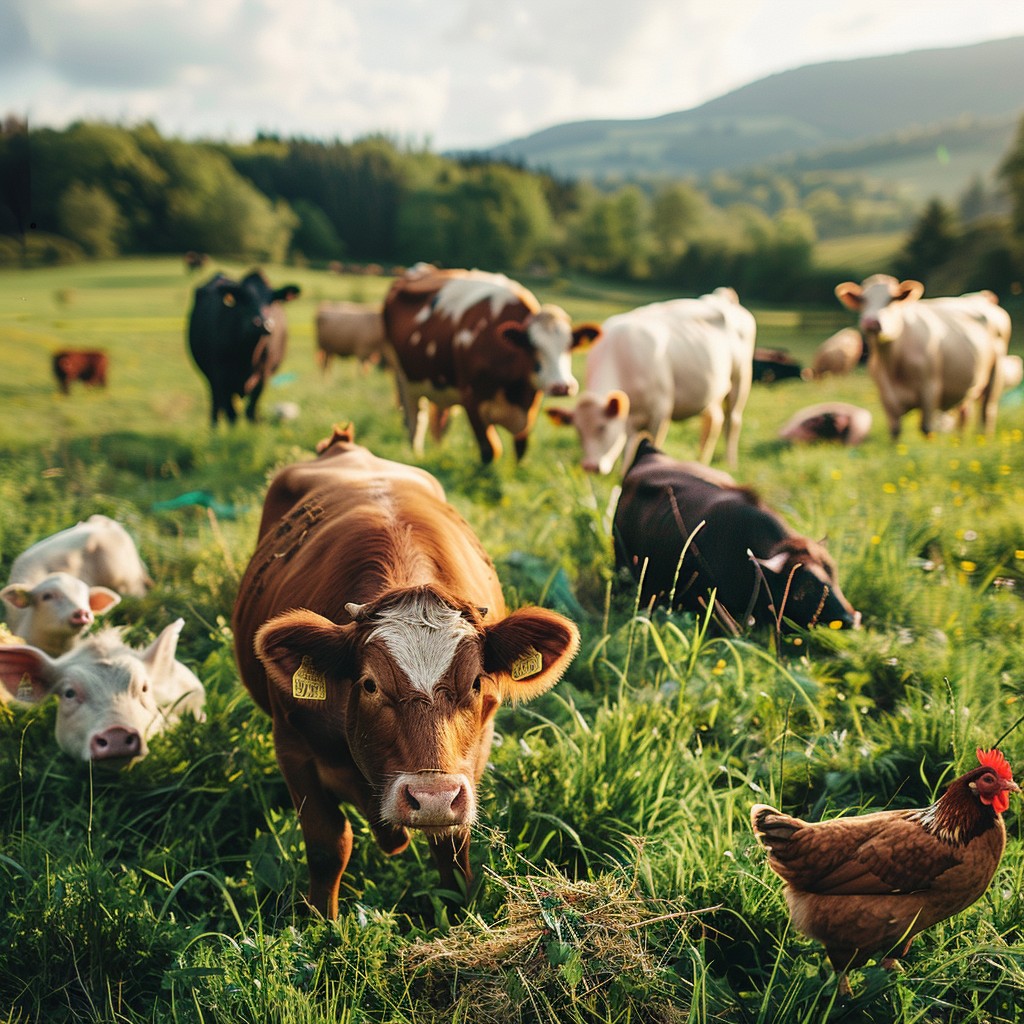Seventh-day Adventists were given the work of promoting the health reform diet. Regarding a plant based diet, EGW wrote that no one was to “give up the use of meat because Sister White does not eat it. I would not give a farthing for your health reform if that is what it is based upon” [MS43, 1901}. She told people to support vegetarianism without bullying anyone about it because it has nothing to do with a person’s faith or belief in God. It’s simply about living your healthiest life and honoring your body as the temple of the Holy Spirit.
Most scientists agree that plant-based foods are best. Raised in a mostly vegetarian home, in adulthood I often fell off the meat-free wagon for various reasons. I dislike the harm that comes to the environment, to animals, and to my health when eating meat, yet I never understood my tendency to crave beef and poultry. I recently reread something EGW wrote that clarified how I am not alone in my journey to remain fully at peace with a vegetarian diet.
Addiction can be defined as a condition where a person experiences a strong, often overwhelming need to use a substance despite knowing it is harmful. For some, red meat may be considered addictive. Meat was once EGW’s “principal article of diet”, and she ate it with most of her meals. When she first decided to be a vegetarian, she suffered extreme hunger to the point of feeling faint because red meat is a sort of stimulant. It helps your body produce a neurotransmitter called GABA that helps to calm the brain and nervous system, reducing anxiety and stress, and can raise dopamine levels in the brain which contributes to a sense of pleasure and reward while eating it. And for those who were raised on it, meat can be a “comfort food” which can create a psychological dependency. So when discussing her move to vegetarian meals, she wrote that she had “a special battle to fight” to give up meat.
Her journey to full vegetarianism came slowly yet steadily over more than 2 decades; she stopped eating meat like beef and poultry first, and years later stopped eating fish as she came to understand that oceans, rivers, and lakes were becoming tainted with parasites, viruses like hepatitis A, and toxic metals like mercury that contaminated the fish and the people who ate them. As a health reformer, she was ahead of her time in advising us on what to do and how to do it as she encouraged people to adopt a vegetarian diet [Letter 54, July 10, 1896].

